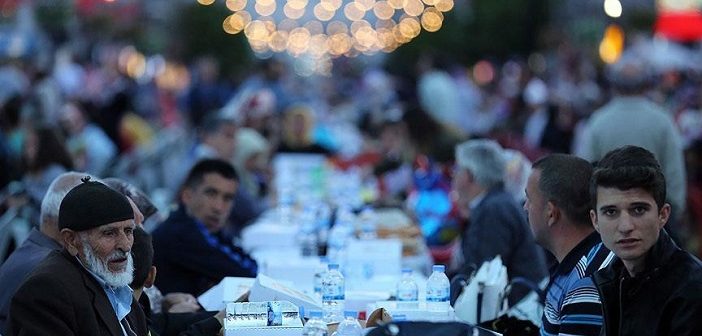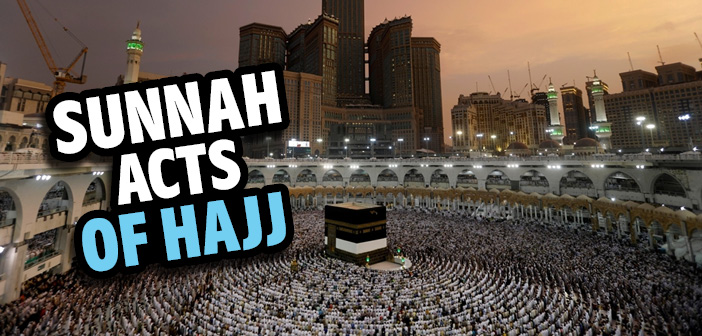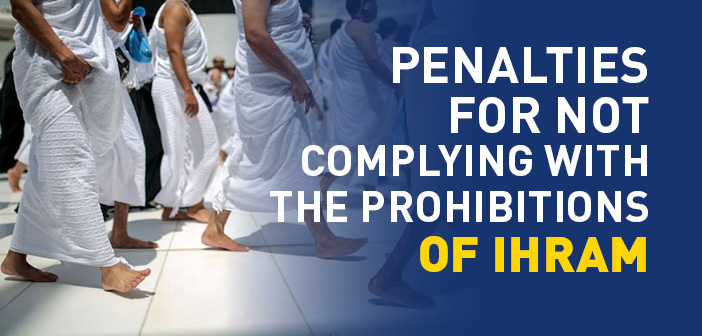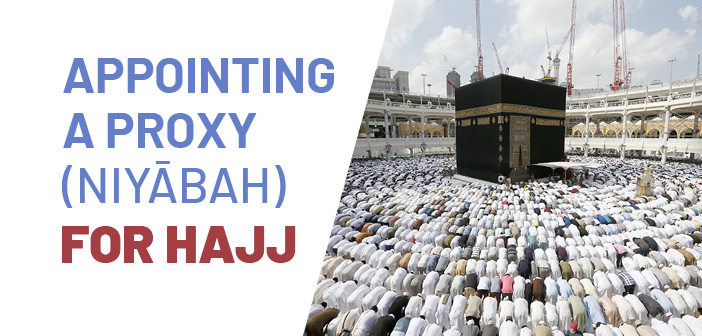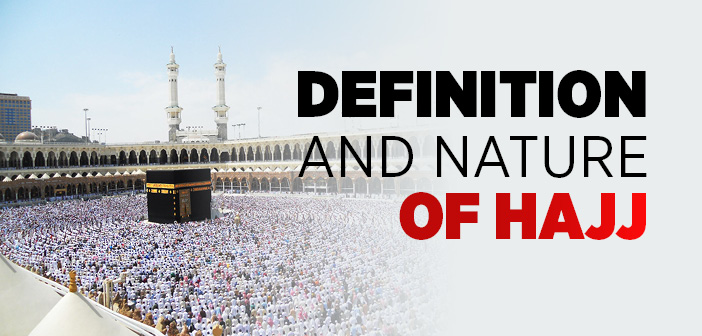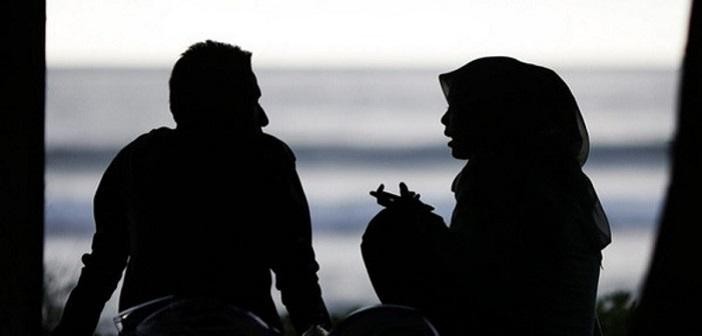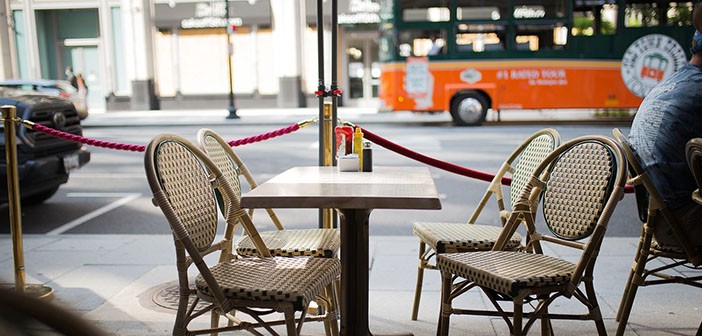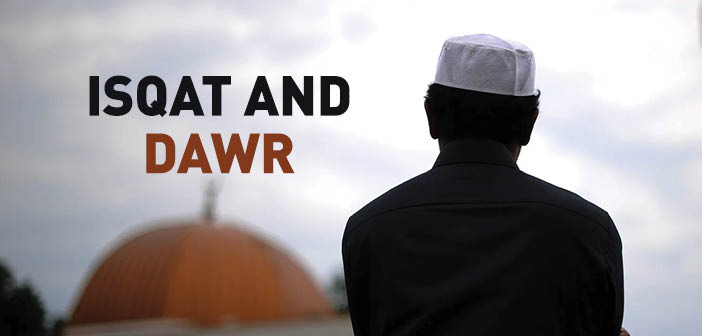
Isqat And Dawr
What is the isqat in islam? What does isqat means in islam? What is the dawr in islam? What does dawr means in islam?
Isqat means to fulfill the debt and to get out of debt. Isqat in acts of worship refers to the process of paying monetary compensation to the poor in order to drop the responsibility of a person who dies without fulfilling or making up certain acts of worship such as prayer, fasting, sacrifice, votive acts, and atonements. In Islamic legal texts, mostly the terms isqat aṣ-ṣalat and iṣqāṭ aṣ-ṣawm, which mean to drop the debts of prayer and fasting, are used. In such places, the term fidya refers to the in-kind or cash payments to be made to the poor from the inheritance of such a person after his or her death, in order to drop the responsibility of such acts of worship from the person who did not fulfill them while he or she was alive. The term dawr is used to refer to the process done to increase the total amount allocated for iṣqāṭ when it is less than the amount calculated to cover the fidya.
The processes of iṣqāṭ and dawr apply to the obligatory or wājib prayers that were not fulfilled while the person was in good health. The five daily obligatory prayers, witr prayers, Ramadan fasting, sacrifice, and votive acts are of this nature.
Is it possible for a person who dies with the debt of many obligatory or wājib prayers that he did not perform due to excuse or just because of laziness, even though he could perform them by gestures, to be freed from the responsibility of such prayers by giving charity out of his wealth? According to some jurists, if such a person makes a will while he is alive, one-third of his estate can be paid as a fidya for each unfulfilled obligatory prayer and witr prayer, and an invocation is made to Allah Almighty for that person to be forgiven. The amount of fidya paid for iṣqāṭ is equal to the fidya paid to compensate for unobserved fasting, which is half a ṣāʿ of wheat (according to the religious dirham, 1 sāʿ is equal to 2.917 kg; and according to customary dirham, it is equal to 3.333 kg.) However, basically, a fidya should be equivalent to the daily cost of eating and drinking for a poor person.
If the deceased has not left a bequest for isqat as-salat, the donations made by his sane and adolescent heirs can be treated as isqat aṣ-ṣalat. The spiritual rewards of the charity to be made by a stranger on behalf of the dead are also recorded in the account of the dead.
A person cannot pay fidya for unobserved rıtual prayers while he or she is still alive. This is because it is possible for him or her to make up these missed prayers. However, if the person makes a will, taking into account that he or she will not be able to make them up, this will is fulfilled from one-third of his or her inheritance if he or she has heirs, or from the whole inheritance if he or she has no heirs.
If the money allocated for the fidya to be paid for unobserved prayers is not sufficient, it can be given to ten poor people by means of dawr or to one or more poor people in this way.
The concept of dawr works as follows: For example, if a person who has the debt of unobserved prayers for a year dies, the number of prayers in one month with witr prayer is 180 prayer times, and the total number for a year reaches 2160 times. If the fidya amount of that year is 20 TL, the total amount needed for iṣqāṭ aṣ-ṣalat will be 43,200 TL. If there is, for example, 4320 TL reserved for iṣqāṭ aṣ-ṣalat, 4320 TL will be donated to ten poor people as 432 liras each. The poor will donate the money back to the heir of the dead. When this mutual donation is done 10 times, the total amount of fidya for one year’s prayer will be reached. Or, all of the money can be given to one of the ten poor people, and it is considered to be multiplied ten times when they circulate the money by donating it to each other ten times.
However, the process called dawr, which is applied as a formality, without meaning is a far cry from sincerity. This is because the ritual prayer is a bodily act of worship. With such formalism without true meaning, there is no definitive proof that the believer will be freed from the debt of unfulfilled ritual prayers.
On the other hand, the guardian of the deceased cannot fast and perform the missed ritual prayers on behalf of the deceased. However, he or she can donate the spiritual rewards of the acts of worship that he or she performs to a dead Muslim. It is hoped that the dead will benefit from such rewards.
Evidence of iṣqāṭ aṣ-ṣalat is based upon the fact that those who cannot fast pay the fidya instead.[1] A group of Companions, including Ibn Abbas, Ibn ʿUmar, Ibn Masʿūd, Muadh Ibn Jabal, and Salama Ibn Aqwā, stated that until the verse “Hence, whoever of you lives to see this month shall fast throughout it”[2] was revealed during the lifetime of the Messenger of Allah (saw), he who wished to fast fasted and he who wished to break it broke it and fed a needy person as an expiation. However after this verse was revealed, the provision to pay fidya was abrogated for those who were able to fast and remained as a concessionary rule only for the ill and the elderly.[3] The practice of the Prophet (saw) and the Companions was also indicative to be in this direction. There is a consensus among scholars on this issue. The practices related to iṣqāṭ aṣ-ṣalat and iṣqāṭ aṣ-ṣawm, which emerged in the Muslim nations and exceeded its purpose, basically extended the provision of the verse, which is basically limited only to those who cannot fast because of illness or old age without hope of recovery, to all ritual prayers and fasts that were not performed or made up due to laziness, with strained interpretations and thoughts.
Based on the above principles, some Ḥanafi jurists compared the ritual prayer to fasting based on the evidence of istiḥsān (juristic preference). In fact, ritual prayer is more important than fasting. Therefore, it is good to take precautions and seek forgiveness from Allah Almighty by paying fidya for the missed ritual prayers that could not be made up.
Imam Muhammad said in his book “Ziyādāt” that “Insha’Allah it will be enough” regarding the payment of fidya to cover the unobserved ritual prayers. If it was based on textual evidence or analogy that the payment of fidya would be able to relinquish the responsibility, he would have used a more confident expression. Leaving the matter to Allah’s will shows that this is nothing but hopefulness. On the other hand, Ibn al-Humām says in his work “Fatḥ al-Qadīr”, that according to the istiḥsān (juristic preference) of the Ḥanafi imams, prayer is similar to fasting and that the relation between fasting and fidya is also applicable between prayer and fidya. If this similarity is established, the purpose is achieved. Otherwise, payment of fidya for the unfulfilled prayers will be in the nature of good deed and charity. Good deeds and charity remove the evil and the following is stated in a verse, “For, verily, good deeds drive away evil deeds.”[4]
After performing the process of dawr for the fidya of prayers, it is performed also for the atonements of fasting, sacrifice, and broken oaths. A certain amount of “dawr” is also performed for supererogatory prayers that have been invalidated and not made up for, votive prayers, and unoffered sacrifices.
In conclusion, if the fidya is to be given after the death of the person for debts such as prayers, fasts, oaths, and vows, it must be realistic. While still being alive, a believer should determine the obligatory and wājib acts of worship that he could not perform, and if possible, he should make up for them while he is alive. If this is not possible, he or she should sincerely allocate up to one-third of his wealth for the payment of fidya for his or her unfulfilled obligations by issuing a will. If the wealth allocated is not enough to cover the payment of fidya, then it is hoped that Allah Almighty will forgive the unpaid amount.
We will finish this subject by mentioning the ease that the Messenger of Allah (saw) showed to the poor Companions in the expiation of fasting. According to a narration from Abu Hurayra (ra), the Messenger of Allah (saw) said, “A man came to the Messenger of Allah (saw) and said; “I am ruined.” The Prophet asked, “What is it that ruined you?” The man said: “I had sexual intercourse with my wife during Ramadan.” The Messenger of Allah (saw) said, “Free a slave.” The man replied, “I can’t find any slaves”. The Prophet said, “Fast two consecutive months.” When the man said, “I cannot do that,” the Prophet said, “Feed sixty poor people.” When the man said, “I cannot do that,” then dates enough to feed sixty poor people were brought. The Messenger of Allah informed him to distribute the dates as charity to the poor. When the man said that there was no one poorer than him in Medina, the Messenger of Allah (saw) smiled and said, “Go eat these with your family.”[5]
[1] Al-Baqara, 2: 184. [2] Al-Baqara, 2: 185. [3] Muslim, Ṣiyām, 149, 150; Jaṣṣāṣ, Aḥkām al-Qur’ān, I, 218; Heyet, İlmihal I, T.D.V. neşri, p. 371. [4] Hūd, 11: 114; For more information, see Ibn Abidīn, ibid, I, 685 ff.; al-Shurunbulālī, Marāq al-Falaḥ, 24 ff. [5] Al-Shawkanī, ibid, IV, 214. A basket (zanbil) is a scale of fifteen ṣāʿ and 1 ṣāʿ is about 3 kg. Al-Tabaranī states in his Awṣat that the date brought in this incident was twenty ṣāʿs, that is, approximately 60 kg.
Source: Basic Islamic Principles (ilmiḥal) According to the Four Sunni Schools With Evidence From The Sources of Islamic Law, Prof. Hamdi Döndüren, Erkam Publications


